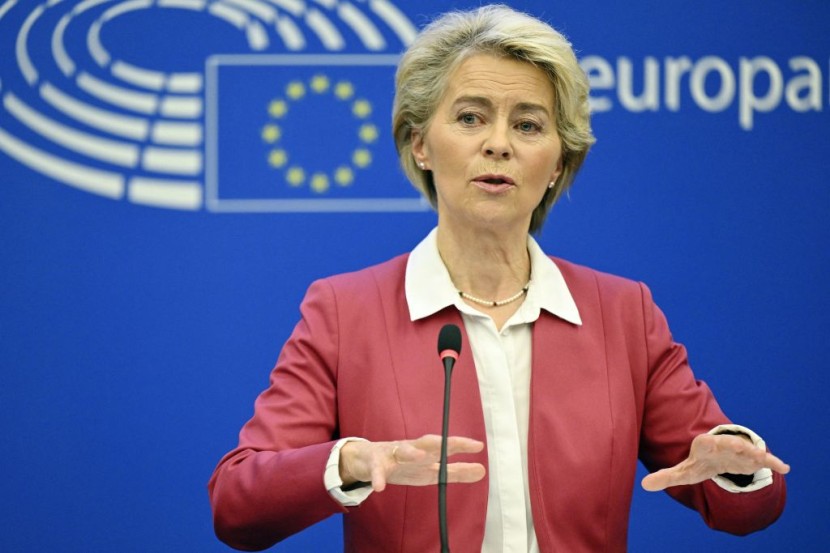
EU countries are still divided as the winter looms, and each member is scrambling to keep energy prices low. It does not help that Germany is not keen on capping gas prices but pushes for joint purchases, mandatory consumption reduction, and boost supplies.
EU Leaders Divided on How To Address Gas Crisis
Representatives from those states shared their opinion on settling for talks among EU affairs ministers in Luxembourg to gear up the ground for a meeting of their national leaders on Thursday and Friday, with the energy crisis still monopolizing the agenda, reported Euractiv.
Before the summit, the EU's executive commission suggested, on Tuesday, another set of initiatives separately to limit increased power prices. Those who would not, nevertheless, include the immediate limit on gas prices, which has divided the bloc.
Ministers from Croatia and Lithuania endorsed a cap on retail gas prices, with Croatia stressing the significance of synchronized gas purchases among 27 EU members. Slovenia, in contrast, opted to impose a minimum price only on liquefied gas, noted US News.
Marko Stucin, state secretary for Slovenia's foreign ministry, has said Slovenia favors implementing the so-called dynamic price cap on liquefied gas as soon as possible.
Slovak Andrej Stancik had requested longer-term market reform to unshackle the price of electricity generated from gas from what is generated from different resources, and he was also inquiring about direct financing for businesses and consumers in EU countries. Speaking to the press in Luxembourg, he stressed that there are fast and pragmatic ways to reduce prices for both consumers and businesses, notably by using surplus cohesion to help ease frantic energy scrambles.
As shown by Finland's minister of EU affairs, Tytti Tuppurainen, Helsinki is now willing to accept a "limited" pricing ceiling for gas and has traditionally opposed economic interference. She is, however, opposed to providing consumers with freebies, citing Nasdaq.
Furthermore, they stated there should be more investment in green energy and ignore Russia as an energy supplier to lessen energy prices.
Anna Luehrmann, Germany's EU affairs minister, highlighted the importance of joint gas purchases, in addition to cutting usage and diversification of supply by introducing additional renewables and different suppliers. Despite not mentioning the gas cap, she emphasized the significance of national and European measures to work together.
EU Countries Call for Limit
Gas prices have struck record levels in Europe, spilling onto the energy market and aggravating the energy shortage provoked by Russia's military campaign in Ukraine. The Czech industry and trade minister, Jozef Sikela, heading the EU meeting, stated the commission needs to lower energy costs of late.
EU energy ministers requested the European Commission to suggest a price ceiling for gas through mid-September but left the specifics to Brussels to determine.
Still, another ministerial gathering would be assembled in the following weeks to hammer out the exact details, predicated on a Commission proposal anticipated to be released on Tuesday, September 13th.
However, views vary about whether the price cap would extend to all gas imports or just Russian gas. A week ago, Commission President Ursula von der Leyen favored a price ceiling on Russian pipeline gas that could end no gas at all, citing Euro News.
EU countries have no real consensus among 27 members regarding their attempts to lower energy prices.
Related Article : Bloc Leaders To Discuss Major Issues Including Energy Price Cap, Fallout from Loss of Stability and Security
© 2025 HNGN, All rights reserved. Do not reproduce without permission.








